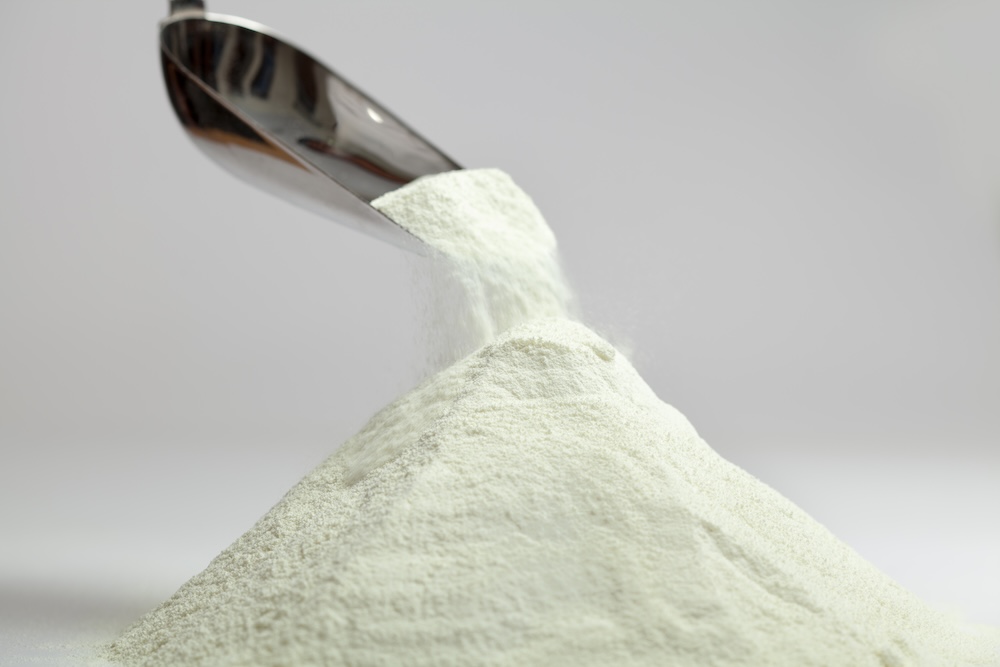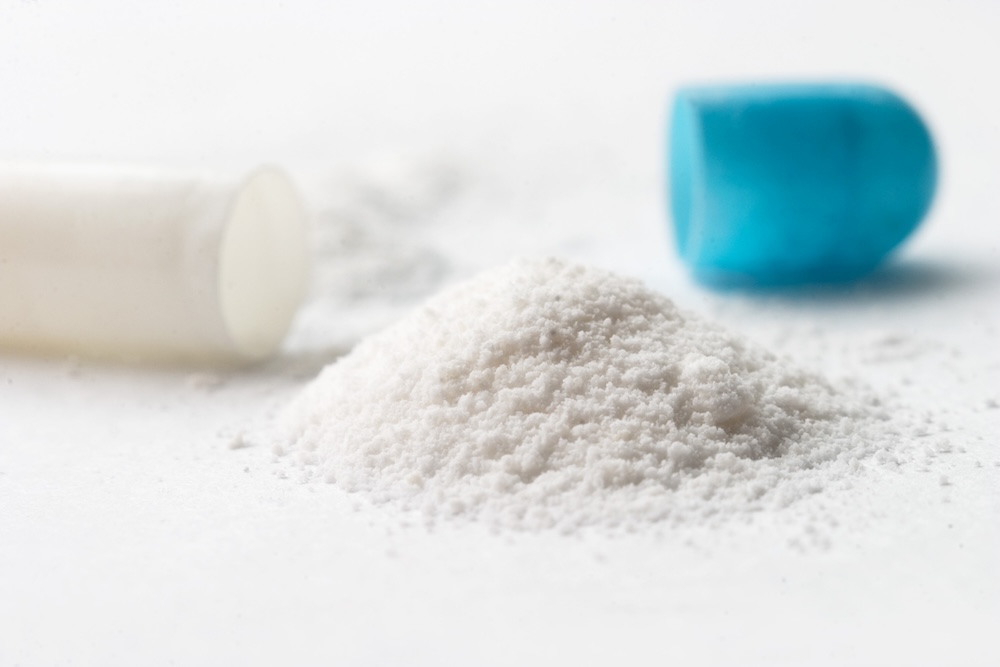Early Preformulation Studies
For the development of a robust suspension product, several factors must be considered early on during product development. These include API particle size, particle density, viscosity and specific gravity of the media, buffer capacity, hydrophilicity / hydrophobicity, zeta potential, pH-solubility and stability profile of the API, taste masking requirements and preservative efficacy. Early preformulation work must include study of these factor. Formulation development studies include optimization of particle size, wetting, aggregation sedimentation and zeta potential. These studies pave the pathway for the selection of suitable excipients such as buffers, thickening agents, wetting agents, flocculating agents, anti-microbial preservative, stabilizers, flavors, and sweeteners.
Typical Components of Pharmaceutical Suspensions
- Active Ingredient: Particle size, solid form and salt form are factors to be considered for API.
- Buffers / pH adjusters: pH of the product must be optimized for stability of API and preservatives.
- Wetting agents: These reduce the interfacial tension between the particles and the vehicle. This helps remove the air adsorbed on the particle surfaces which in turns facilitates the wetting and dispersion of particles.
- Thickening agents (aka suspending agents or structured vehicles): These are natural or synthetic polymers used to increase the viscosity of the suspension. The viscosity should be high enough as to minimize particle settling but low enough to allow easy pouring. This can be achieved through use of pseudoplastic and thixotropic vehicles which are viscous during storage but become fluid upon shaking. Thickening agents can sometimes also influence the dissolution rate and bioavailability of the API.
- Flocculating agents: Most common flocculating agents are electrolytes which act by decreasing the zeta potential of the suspended particles which results in formation loose aggregates or floccules. Such floccules settle to form a loose sediment which is easy to redisperse. Besides electrolytes, other excipients that can be used to control flocculation include surfactants and polymers. Surfactants adsorb to particle surfaces and can neutralize the surface change. Hydrophilic polymers can act as protective colloids which coat the particles and decrease the tendency for cake formation.
- Stabilizing agents: These include antioxidants and chelating agents.
- Anti-microbial preservatives: Preservatives are added to prevent microbial growth. They are known to be effective within specific pH ranges. Choice of an anti-microbial preservative depends on the selected pH which in turn depends on pH stability and pH solubility profile of the drug substance.
- Flavors and sweeteners: Used to mask the unpleasant or bitter taste of the API.
Characterization of Suspensions
During product development, it is important to use appropriate analytical techniques to ensure a robust product that meet the target product profile and predefined quality attributes. These techniques are intended to evaluate the following properties
- Sedimentation characteristics: re-dispersibility, sedimentation volume and degree of flocculation.
- Particle characteristics: particle size distribution of drug and microscopic examination.
- Physicochemical properties: pH, buffer capacity, specific gravity, viscosity, and zeta potential.
- Product performance characteristics: appearance, ID, API Assay, dissolution, impurities, related substances, uniformity of dosage units and deliverable volume.
- Microbiological tests: preservative Assay, anti-microbial effectiveness, and microbial limits.
- Other special tests: Antioxidant assay, extractables, heavy metals and residue on ignition.
- Stability Testing: in addition to the regular controlled room and accelerated stability studies, other requirements depend on the specific products and include, in-use stability, photo-stability, thermal cycling with the packaging bottle in upright as well as inverted or sideways orientations. Changes in particle size, zeta potential, viscosity, pH, appearance, assay, degradation products and dissolution should be monitored.
Vici Health Sciences – Capabilities and Services
Vici has in-depth knowledge, wide-ranging capabilities and extensive experience in formulation and analytical development as well as regulatory filing of suspensions dosage forms for a variety of pharmaceutical applications.





